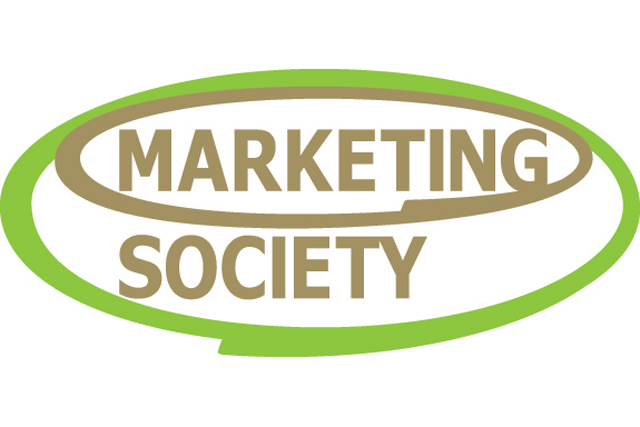YES - IDA REZVANI, MANAGING DIRECTOR, DENTSU LONDON
Any agency new to market would be mad to structure itself in the traditional agency model. Technology has evolved and people are consuming media in a varied way, across many platforms simultaneously as well as co-authoring brand conversations and creating content. Traditional agencies communicate in a limited number of channels and in a way where they own the one-way conversation. This serves a purpose, but is only part of the answer.
Dentsu Inc, in Tokyo, created its own content when it had airtime to fill. A series of animated shorts was based on a range of characters known as Mameshiba. These went on to 'live' online and acquire a cult following. It then produced a range of merchandise that cleared £30m of profit in 2009. Dentsu London has also developed a range of toys with an app that delivers episodic content about the characters.
This is what the next generation of agencies will look to do. We want to create new communications but also new platforms and products.
NO - JOHN PEPPIATT, DEPUTY CHAIRMAN, BARTLE BOGLE HEGARTY
I'm no longer sure what the 'traditional agency model' is. Consumption habits have changed significantly as new channels have come to the fore and agencies' output has become more diverse. The best agencies have evolved quickly by changing the way they work and bringing new skills into their businesses.
At BBH, we set up a separate content department eight years ago, but it soon became clear that 'content creation' should be at the heart of what we all do. We have continued to recruit people to our creative, strategy and production disciplines from the broader worlds of interactive, mobile, gaming, publishing, social media and TV programming, but these skills are now baked into our core teams across the agency.
We can't do it on our own; some claim to, but no one can. The spirit of collaboration, openness and the sourcing of best-of-breed partners is critical. Ultimately, though, it comes down to the quality of the thinking and the idea. Those who come up with the best ideas will get the gig. That's a good tradition.
MAYBE - RAY KIESER, GROUP MANAGING DIRECTOR, SCHAWK
However much media channels expand and content increases in value, there still needs to be a unifying idea uniting this multiplicity of brand expressions.
Creating the big ideas that engage consumers across all platforms is what traditional ad agencies should do better than any other. But today's audience responds to a different kind of 'kinetic' idea - an agile exchange of content energy between brand and consumer that builds measurably rich relationships. The big idea-creators are unlikely to be responsible for the execution of that thought across all channels and are struggling to embrace this change.
Agencies need to find a way to charge clients fees that reflect the true value of their creative ideas. These are sold as a commodity, but clients are looking for ways to reduce production spend by decoupling this from the agencies that originate the ideas. Agencies that fail to counteract this will become obsolete. The ultimate losers will be brand owners, losing creativity at a time when it's never been more valuable.
YES - NICK FELL, MARKETING DIRECTOR, SABMILLER
The 'traditional' model died many years ago. However, while the model is dead, the need for 'traditional' agency skills such as deep insight, creativity, story-telling and brand stewardship are every bit as relevant as ever.
What I observe to be happening today is that established and new agencies of all types are evolving and trying to set themselves up to win both for themselves and their clients in the modern world,
The big question is whether one agency can crack the 'full-service' model (a full suite of specialist capabilities managed and delivered under one roof) or whether a diverse specialist agency/sourcing model is inevitable?
If the latter is the case, what are the implications for these agencies and for clients and their role in leading that? Interesting times.
The Marketing Society is the most influential network of senior marketers dedicated to inspiring bolder marketing leadership.


